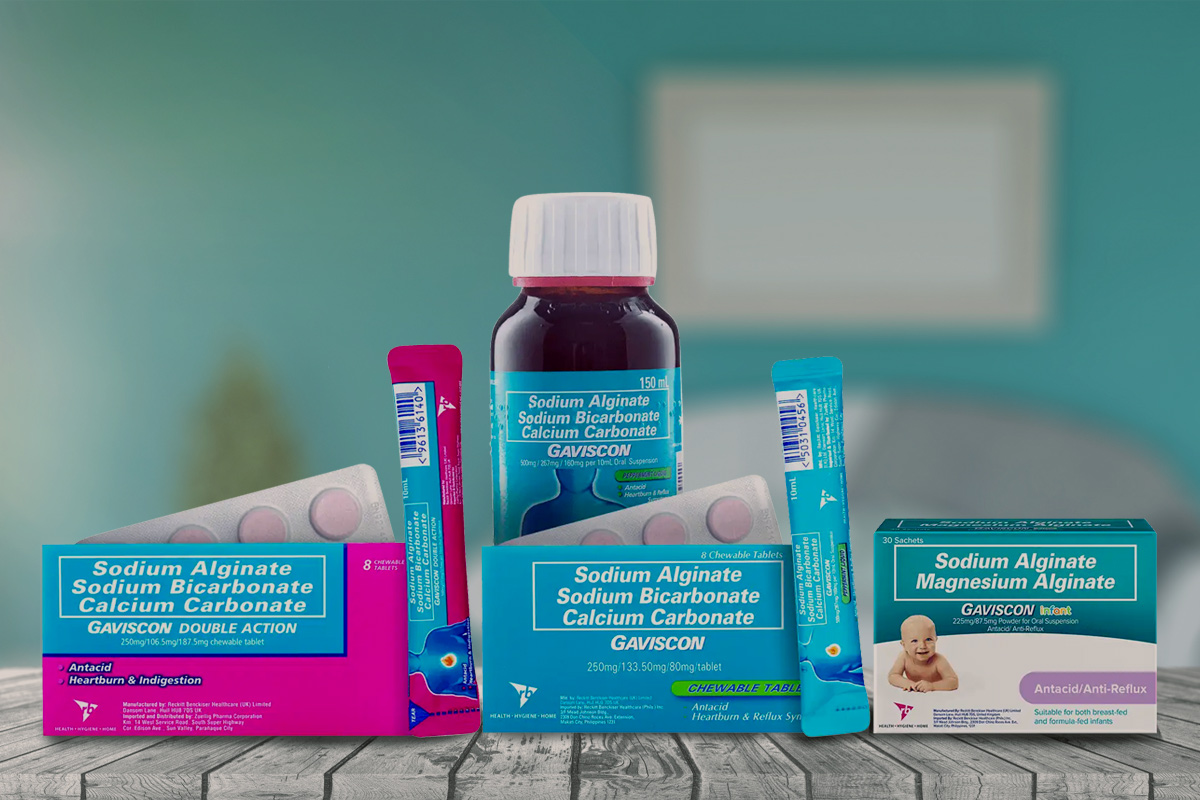| Key Takeaways |
|
Ever felt the burning sensation of acid creeping up your throat right when you're in the middle of preparing for an important presentation? That spicy lunch you grabbed during your busy morning might have just made your day more challenging . Shortly after eating, you start to feel a burning sensation in your chest. The discomfort makes it hard to focus. You constantly sip water, hoping to ease the pain. As the day progresses, the heartburn persists.
Heartburn and hyperacidity can greatly interfere with your daily life. Although these conditions are usually manageable, persistent or severe symptoms can indicate more serious health concerns, making it important to recognize when to seek medical attention.
Understanding Heartburn and Hyperacidity
Heartburn is a painful, burning feeling in the middle of your chest, although not in your heart. It occurs when stomach acid rises into your esophagus, which runs behind your heart.6 The sensation can be mild to severe, often radiating through your chest and sometimes into your throat.6 Heartburn may be triggered by lying down, bending over, late dinners, or rich, acidic, or spicy meals. It typically lasts from a few minutes to a few hours and should go away once your stomach empties.6 Symptoms include:
- The burning sensation.
- A sour taste in your mouth.
- Hoarseness.
- Feeling like you have a lump in your throat.
Hyperacidity, on the other hand, refers to excess gastric acid production in the stomach, leading to discomfort and various symptoms. Aside from heartburn, which is one of its symptoms, hyperacidity can also present as nausea, bloating, diarrhea, and abdominal discomfort.1
Signs You May Have Severe Heartburn or Hyperacidity
1. Frequent Episodes
Experiencing heartburn or hyperacidity for two weeks or longer can be a sign of a chronic condition known as gastroesophageal reflux disease (GERD). GERD occurs when stomach acid frequently flows back into the esophagus, irritating its lining2. This repeated acid reflux can lead to persistent symptoms such as heartburn, regurgitation, and chest pain2. If left untreated, GERD can cause complications like esophagitis, strictures, or even Barrett’s esophagus, which is a precancerous condition2.
2. Difficulty Swallowing
Dysphagia, or difficulty swallowing, often feels like there's a stubborn lump in your throat that just won't go away, no matter how much water you drink. It can make eating or drinking uncomfortable, as if food is getting stuck or moving down too slowly. For some, it may even cause a sharp pain or pressure in the chest. This sensation is often linked to heartburn because both can be symptoms of GERD. Chronic acid reflux irritates and inflames the esophagus, leading to esophagitis3. Over time, this irritation can create scar tissue, narrowing the esophagus—a condition called an esophageal stricture3—which can trap food and make every meal a struggle.
3. Unintended Weight Loss
Unintended weight loss can also be associated with heartburn or hyperacidity, frequently as a result of GERD, causing nausea, painful swallowing, and a loss of appetite4. These symptoms can make eating uncomfortable, leading individuals to eat less or avoid certain foods, resulting in weight loss4. Additionally, persistent vomiting and difficulty swallowing can further reduce food intake.
4. Chest Pain
Distinguishing between heartburn-related chest pain and potential cardiac issues is crucial, as both can present similarly but have different implications. When comparing heartburn vs. heart attack, heartburn5 typically causes a burning sensation in the chest, often accompanied by a sour taste in the mouth and discomfort that may worsen when lying down or after eating. In contrast, cardiac-related chest pain, such as that from a heart attack5, often feels like pressure, tightness, or squeezing in the chest and may radiate to the left arm, neck, jaw, or back. It can also be associated with shortness of breath, sweating, nausea, and dizziness5.
It’s important not to ignore chest pain, as it can be challenging to differentiate between heartburn and a heart attack without medical evaluation. If you think you are having a heart attack, seek medical attention immediately.
When to See a Doctor
If these signs of heartburn or hyperacidity become more frequent or severe, it’s best to consult your doctor to identify the underlying cause. Persistent symptoms could indicate a more serious condition, such as GERD, which requires professional evaluation and treatment.
Get Quick Relief from Heartburn and Hyperacidity with Sodium Alginate + Sodium Bicarbonate + Calcium Carbonate (Gaviscon)

If you need fast and effective relief from heartburn and hyperacidity, Sodium Alginate + Sodium Bicarbonate + Calcium Carbonate (Gaviscon) offers a comprehensive range of products which help manage these conditions. Sodium Alginate + Sodium Bicarbonate + Calcium Carbonate (Gaviscon Double Action) has a dual-action formula that neutralizes stomach acid and forms a protective barrier to prevent acid reflux, making it a reliable antacid for heartburn.
For those who prefer a liquid solution, Sodium Alginate + Sodium Bicarbonate + Calcium Carbonate (Gaviscon Original Liquid) offers a soothing option by creating a protective layer over the stomach, making it ideal for occasional heartburn relief. If you’re looking for a convenient on-the-go option, Sodium Alginate + Sodium Bicarbonate + Calcium Carbonate (Gaviscon) Original Sachets and Sodium Alginate + Sodium Bicarbonate + Calcium Carbonate (Gaviscon Double Action Sachet deliver the same powerful formula in a portable format, ensuring relief wherever you are.
Sodium Alginate + Sodium Bicarbonate + Calcium Carbonate (Gaviscon) is available at leading drug stores and pharmacies nationwide and on the Reckitt Health and Beauty on Lazada and Reckitt Health Official on Shopee.
References:
- Healthline Editorial Team. (n.d.). High stomach acid symptoms. Retrieved December 18, 2024, from https://www.healthline.com/health/high-stomach-acid-symptoms
- Mayo Clinic. (n.d.). GERD: Symptoms and causes. Retrieved December 18, 2024, from https://www.mayoclinic.org/diseases-conditions/gerd/symptoms-causes/syc-20361940
- Healthline Editorial Team. (n.d.). Retrieved December 18, 2024, from https://www.health line.com/health/gerd/dysphagia
- Medical News Today. (n.d.). Acid reflux and weight loss. Retrieved December 18, 2024, from https://www.medicalnewstoday.com/articles/acid-reflux-weight-loss
- Mayo Clinic. (n.d.). Heartburn and GERD. Retrieved December 18, 2024, from https://www.mayoclinic.org/diseases-conditions/heartburn/in-depth/heartburn-gerd/art-20046483
- Cleveland Clinic. Retrieved January 23, 2025. https://my.clevelandclinic.org/health/diseases/9617-heartburn-overview